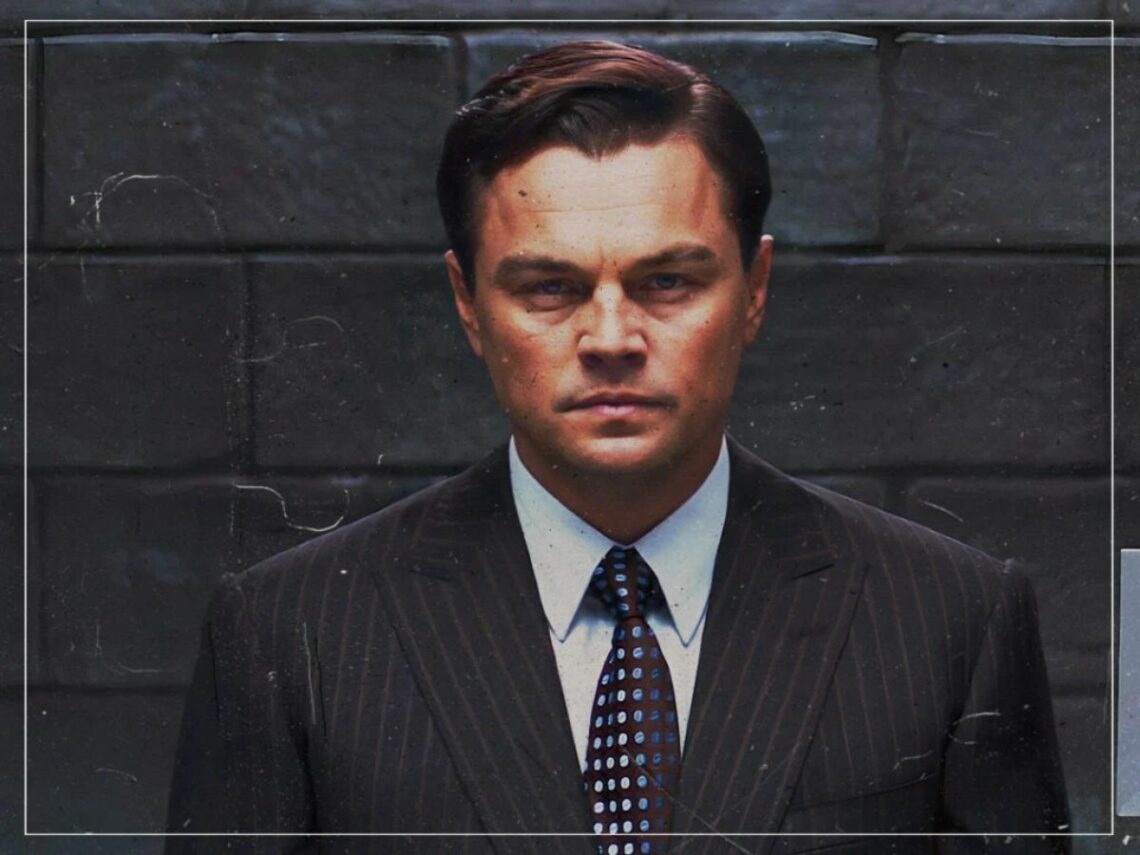On-screen, Jordan Belfort is depicted as a despicable and cunning individual who flouts the law, yet despite this, The Wolf of Wall Street somehow manages to make it tempting to cheer for him, largely thanks to Leonardo DiCaprio‘s captivating portrayal.
DiCaprio’s dynamic performance transforms Belfort into a charismatic force, blurring the lines between protagonist and antagonist, and keeping audiences spellbound until the very end.
Naturally, Martin Scorsese’s critical, commercial, and awards season darling was criticised in some corners for glorifying the lifestyle and manipulative schemes that built Belfort’s empire, but that was only one of the many interpretations to be found in one of the best films of 2013.
It’s easy to see it that way, sure, but it’s just as viable to say that at no point does The Wolf of Wall Street offer the implication that its central figure is anything less than an unscrupulous snake oil salesman who got everything he deserved.
Following his release from prison, Belfort penned two memoirs, one of which became the basis of the three-hour epic and follow-up Catching the Wolf of Wall Street. Beyond that, he also became a motivational speaker who found a way to monetise his misdeeds even further by hosting highly paid seminars on motivation, ethics, sales skills, and entrepreneurship.
That’s reflected in the final moments of The Wolf of Wall Street, where DiCaprio’s Belfort is seen striding onto the stage in front of a live crowd, where he’s introduced by his real-life counterpart. From there, he deploys one of his favoured tricks by instructing his chosen subject to sell him the pen he’s holding, which indicates that he’s simply resorted to his own ways with added – and entirely necessary – legality folded in for good measure.
However, even though some lambasted it as being overly hagiographic and depicting Belfort as some sort of elite-tier salesman with preternatural gifts that simply must be put to good use following his stint behind bars, it can also be deemed as Scorsese’s sly critique of his own captive audience.
As mentioned, this is a guy who started with nothing and worked his way up to wealth, status, and power through a supreme ability to convince everyone that what he was selling needed to be bought, with people paying big bucks to hear him speak about it in person.
On the other side of the coin, the final shot of blank faces as far as the eye can see is one last subversive dig on the filmmaker’s part to test whether or not we, the viewers, have fallen hook, line, and sinker for his entire schtick right up until the last frame.
Belfort doesn’t get the last laugh in The Wolf of Wall Street by any means, but Scorsese just might.
